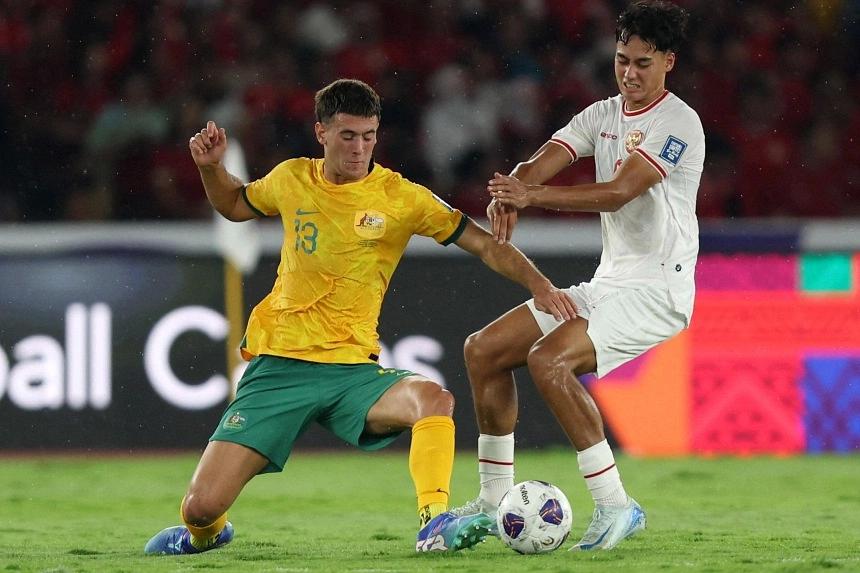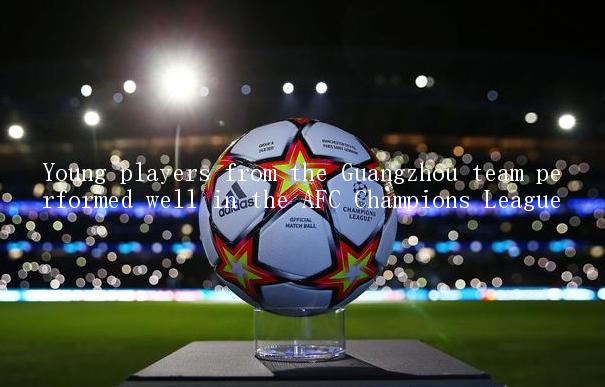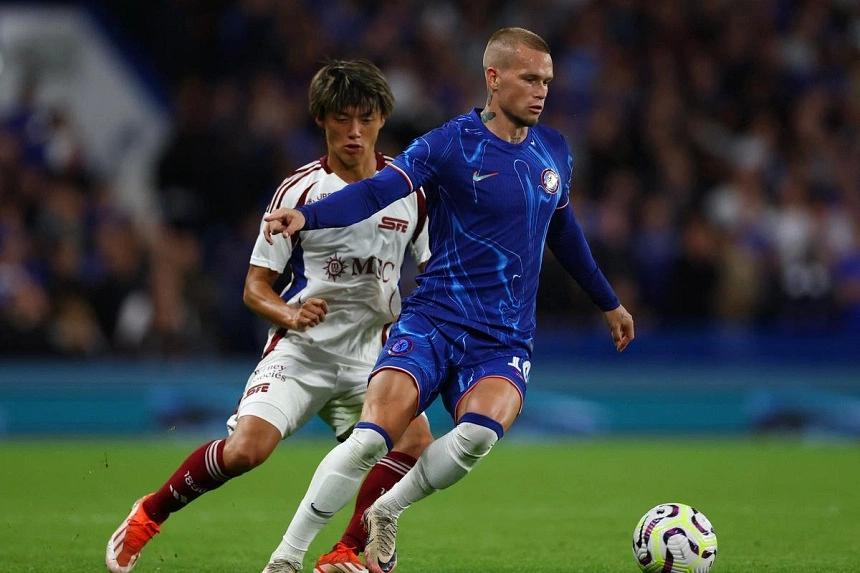Indonesia Holds Australia to a Goalless Draw in World Cup Qualifying
JAKARTA – Australia, despite their best efforts, failed to find the back of the net for the second consecutive World Cup qualifying match, settling for a 0-0 draw against a resilient Indonesia in Jakarta on Sept 10.

The Socceroos dominated in front of almost 80,000 fans at the Gelora Bung Karno Stadium, but Indonesia remain above them in Group C as they seek to qualify for the World Cup for only the second time.
It was Indonesia’s second draw after a 1-1 in Saudi Arabia last week, but Australia were shocked 1-0 at home by Bahrain in their World Cup qualifying opener.
“Extremely disappointed, because how many chances do we create? How many chances do we get?“ said Socceroos head coach Graham Arnold.
“The boys put in the effort, and they all admitted their performance wasn’t good enough in the first game. There’s eight games to go. It’s not like it’s a disaster, but I’ve got to go home and do a lot of thinking.”
Arnold made five changes to his line-up with highly rated Bayern Munich teenager Nestory Irankunda given a chance to shine from the start.
Kusini Yengi was suspended after his red card against Bahrain while central defender Alessandro Circati was again employed as a makeshift right-back.
Australia were by far the better side, forcing a succession of corners with big centre-back Harry Souttar creating havoc in the Indonesia defence.
The 18-year-old Irankunda was at the heart of all Australia’s best attacking play.
In the 34th minute he came within a whisker of putting his side ahead when his right-foot thunderbolt rattled the post from 25 yards before rebounding off the back of the diving goalkeeper and away to safety.
The second half followed the same pattern as the first, with Australia on top but failing to find any cutting edge in front of goal.
The Australians are fifth in the standings, with the Indonesians fourth, with only the top two of the six-team group guaranteed a place at the 2026 World Cup.
In another match in the group, China also face a struggle to qualify as they followed their 7-0 drubbing in Japan last week with a 2-1 home defeat against 10-man Saudi Arabia.
The Chinese went ahead in the 14th minute in Dalian through an Ali Lajami own goal but failed to take advantage of Saudi midfielder Mohamed Kanno being red-carded a few minutes later.
Hassan Kadish equalised with a header from a corner before half-time and repeated the feat in the last minute of the game to spark wild celebrations from the visitors.
“We played a long time of the match with 10 men and proved that we deserved to win,” said Saudi coach Roberto Mancini, the former Manchester City and Italy manager.
“We proved that we do not know how to surrender, and I am very happy and proud of my team.”
China fought hard against a side ranked almost 30 places above them in Fifa’s world rankings and also had a goal disallowed, but they remain rooted to the bottom of Group C.
Separately, the Chinese Football Association (CFA) has banned for life 38 players and five club officials after a two-year investigation into match-fixing and gambling, as part of a crackdown on corruption in the sport.
Zhang Xiaopeng, a senior official from the Ministry of Public Security, told a press conference in Dalian that the investigation found that 120 matches had been fixed, with 41 football clubs involved.
The report did not say whether all the matches were in China.
Three former Chinese internationals in Jin Jingdao, Guo Tianyu and Gu Chao and South Korean player Son Jun-ho were among those banned for life, according to findings made public at the press conference by the ministry and the General Administration of Sport of China.
Son was released in March after being detained for 10 months in China and returned to South Korea. AFP,
RELATED STORIES






LATEST NEWS







